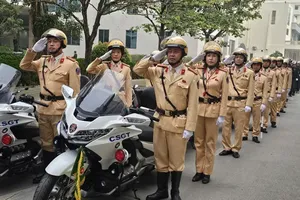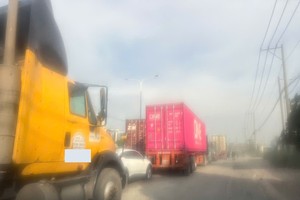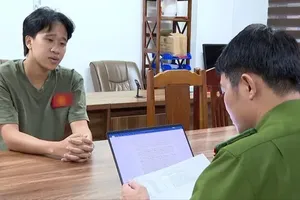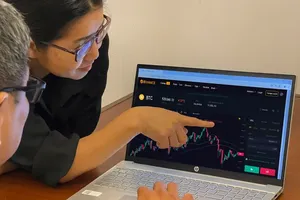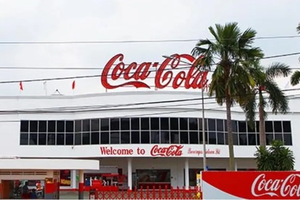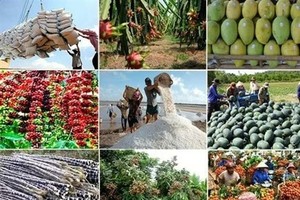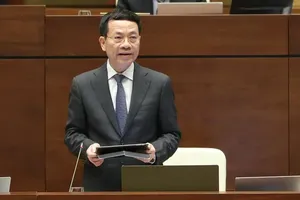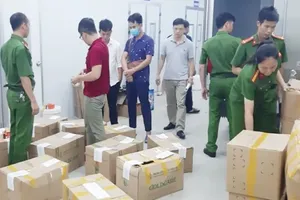Those found violating the Law on Environment Protection will be fined up to VND500 million (US$26,300) and could face other penalties, Hoang Van Vy, Inspector of the Vietnam Environment Administration, told SGGP.
He made the statement in reference to the current loose enforcement of the law, which has led to increasing violations causing serious pollution and harmful effects to public health.
Mr. Vy emphasized that any individuals or enterprises found breaking the law, which came into effect in 2003, will have their investment license or business registration certificate revoked.
All agencies and authorities must strengthen their enforcement of the law to prevent negative economic, health and environmental consequences, and strictly punish violators, he said.
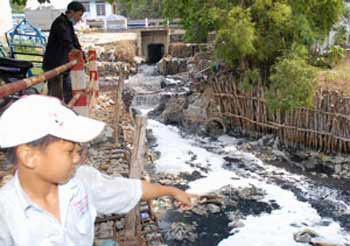
Of the same view, Nguyen Truong Sinh, from the Policy and Legislation Department of the Vietnam Environment Administration, said the execution of environmental protection regulations among economic entities remains loose and lacks efficiency.
“There has yet to be full awareness of the relationship between economic development and environmental protection,” he said.
The Government has applied incentive policies to encourage businesses to be more environmentally aware, but the situation has not improved as expected, said Dr. Hoang Danh Son, deputy head of the Policy and Legislation Department.
Therefore, if the country is to boost enforcement of the law, tougher sanctions should be imposed on violators, he said.
Mr. Son said businesses must comply with a new government decree related to environmental protection infringements.
Under the decree, project investors are required to submit an environmental impact assessment report to relevant agencies for approval before being granted an investment license, he said.
In the past several years, the number of industrial parks, export processing zones, and vocational villages has grown increasingly, but only a few of them have built waste treatment systems, experts said.
Yutaka Matsuzawa from the Japan International Cooperation Agency said the Japanese Government has taken tough measures to deal with violations of environmental protection regulations.
In Japan, businesses who break the law have their licenses revoked and must hand over to the Government any money gained through their illegal actions. If the business produces goods, they can also have their products pulled from the market, he said.
Meanwhile, in Vietnam, penalties are mostly seen in the form of administrative punishments, and most violators are allowed to continue with their operations, Mr. Matsuzawa said.
Hideko Takamiya, an investigator from Japan's Environmental Dispute Coordination Commission, said that in Japan, local authorities have the power to issue their own regulations on environmental protection and the police are empowered to investigate acts of breaking those regulations.
In Vietnam, this has yet to be specifically regulated, she said.
